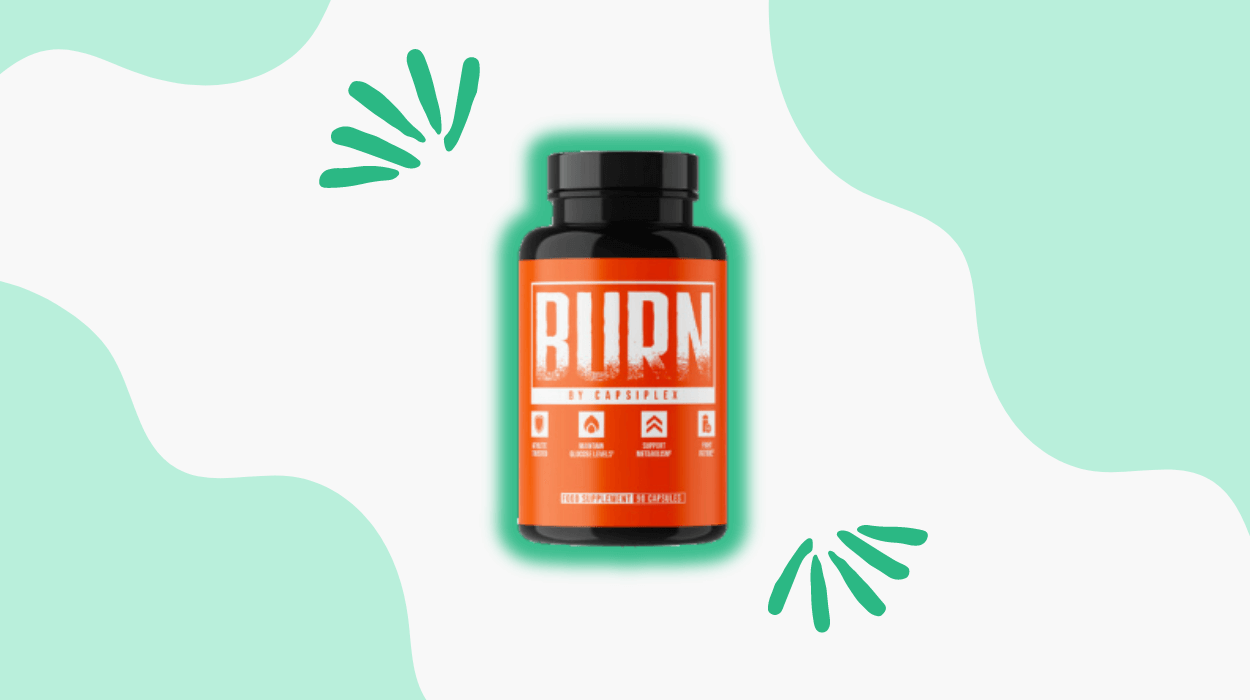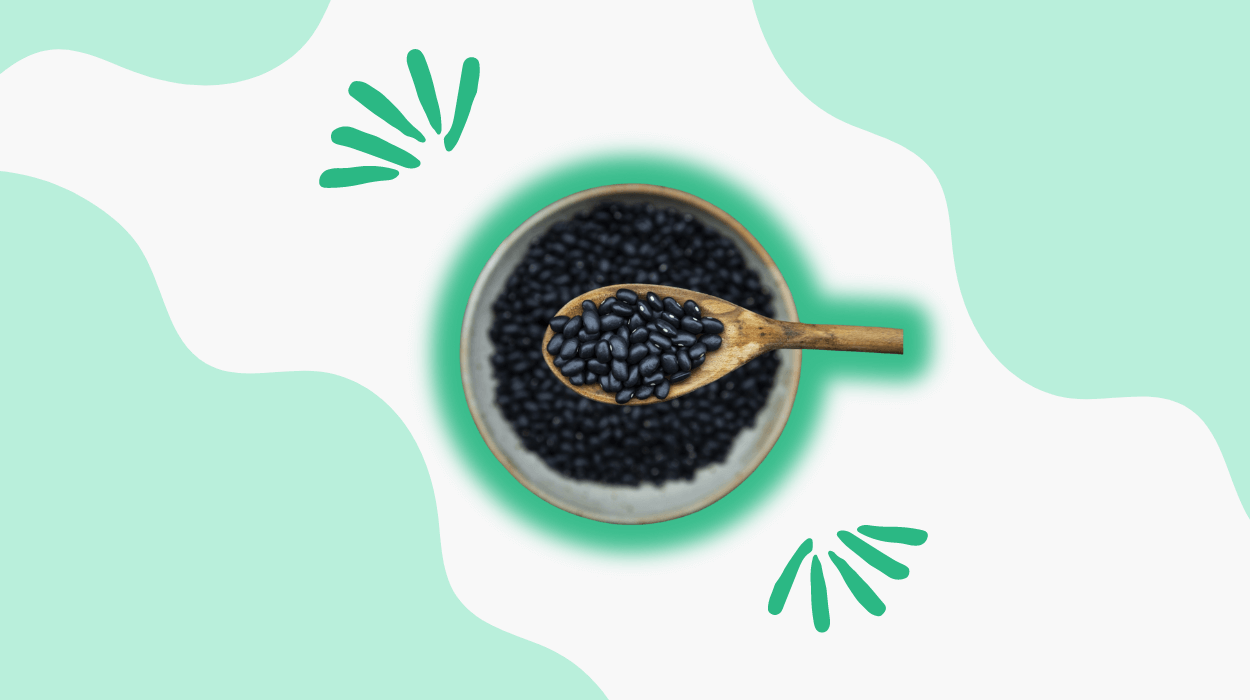

Beans are known for their nutritional properties, providing high amounts of protein, minerals, vitamins, and fiber. The carbohydrate content of beans may pose a challenge to include them in a strict ketogenic diet.
People following a keto lifestyle focus on consuming low amounts of carbs throughout the day to stay in ketosis.
Understanding which keto-friendly beans could help you make informed choices when planning your meals. This method could also help you add more protein and nutrition to your keto diet without disturbing the ketosis process.
This article highlights the health benefits of beans along with their potential drawbacks and nutritional values. It mentions some of the best bean varieties that you could add in moderate amounts or when you are keto cycling.
Beans and legumes have a high content of dietary fiber, protein, B vitamins, and essential vitamins and minerals. Including beans in your diet could positively impact overall heart health.
Studies have shown that consuming beans in meals can improve cholesterol profile, help reduce blood sugar levels, and promote a healthy gut microbiome.
Beans are a sustainable protein source, making them a suitable meat alternative. They could help you maintain a healthy digestive tract function, promoting regular bowel movements.
Beans contain folate, which may promote red blood cell production. It can help in the prevention of neural tube that affects during pregnancy.
Beans also possess antioxidant and anti-inflammatory properties that may reduce the risk of certain cancers. Research indicates that beans, particularly black beans, exhibit strong antioxidant activity, which may help fight bowel cancer symptoms.

Most beans contain high amounts of carbs, so eating them in moderation may require extra effort to avoid the overconsumption of carbohydrates.
Kidney beans, pinto beans, black beans, and chickpeas have a high net carb count, ranging from 23.5g to 32.5g per serving, making them less suitable for a strict ketogenic diet.
However, some exceptions, like green beans and black soybeans, are lower in carbs, with options like edamame containing 8.63g net carbs and Black Soybeans with only 2g net carbs, making them a more suitable keto-friendly choice.
Here are the carb counts for some common beans per 1/2-cup (60–90-gram) serving when cooked:
It is essential to consider these carb counts when planning meals to ensure they align with the desired macronutrient consumption for a successful ketogenic diet.
When considering the compatibility of beans with a ketogenic diet, it is crucial to prioritize those varieties with lower carb content, such as green beans and black soybeans.
People following a ketogenic lifestyle can prepare green beans as vegetables, which offer a lower carb of around 6.97 grams. You can saute green beans or add them to your salad dressing, dips, or sauce as a quick way to include them in your keto meal.
You can switch black soybeans from higher-carb legumes in various dishes like soups or refried beans. Hummus, salsas, and stew are great ways to combine soybeans in your keto-friendly lifestyle.
However, some concerns exist regarding the effect of soy on hormone balance, particularly with black soybeans.
Make sure to keep the portion size of beans in a moderate ratio so you don’t consume excessive carbs.
Excessive intake of beans would affect your weight loss goals, causing a hindrance in your keto lifestyle.
Beans are a powerful source of essential nutrients, including protein, fiber, iron, vitamins, and minerals, as per the nutritional profile provided by the USDA.
However, people following a ketogenic diet should stay mindful of the carbohydrate content of beans to maintain ketosis.
It is essential to understand the side effects that may occur in some people due to the excessive consumption of beans.
Here are some promising alternatives to include in place of beans:
Edamame and black soybeans are low-carb substitutes for the keto diet routine. Thus, you can consume these beans in moderation on a keto diet. However, beans might consume much of your daily carb allowance for keto.
Soaking beans helps break down antinutrients like phytic acid, lectins, and tannins, which could hinder mineral absorption and cause digestive discomfort. Thus, the breakdown process helps enhance beans’ digestibility and nutrient availability.
People dealing with digestive concerns can consider beans like lentils, mung beans, and chickpeas, as they are gentle on the digestive system and may not cause discomfort. You can also choose beans lower in fermentable sugars, like green beans or black soybeans, as they do not complicate digestion.
You can saute mushrooms for an evening snack or salad instead of beans. Adding diced eggplant, avocado, ground meat, or boiled peanuts to your salad dressing or soups will give you bean-like textures and flavors.
Individuals with allergies should take caution when including beans in a keto diet. Allergic reactions, particularly to peanuts and soy, are possible. It would help if you started consuming beans gradually to notice any allergic triggers so that you can take proper measures before the allergy worsens.
Beans may offer a variety of nutrients, but their overconsumption can hinder ketosis. You can include low-carb alternatives like edamame, which is a suitable option for maintaining ketosis while still enjoying a similar texture to beans.
Monitoring portion sizes and dietary needs may help you balance your nutritional requirements while following a ketogenic diet.
If you are allergic to beans, you can include mushrooms, eggplant, and boiled peanuts as a substitute for beans during your ketosis.
Put a limitation on your daily carb intake, as it will help you avoid the food choices that can add extra carbohydrates to your keto diet.
Tyler Read earned an undergraduate academic degree from Sonoma State University, California and is a certified personal trainer (CPT) with NASM (National Academy of Sports Medicine). With over 16 years of experience, Tyler has trained clients both online and in-person.
He is passionate about helping others turn their love for fitness into a career. Tyler has worked with many local and commercial gyms before establishing his successful private personal training business, which he continues to operate.
